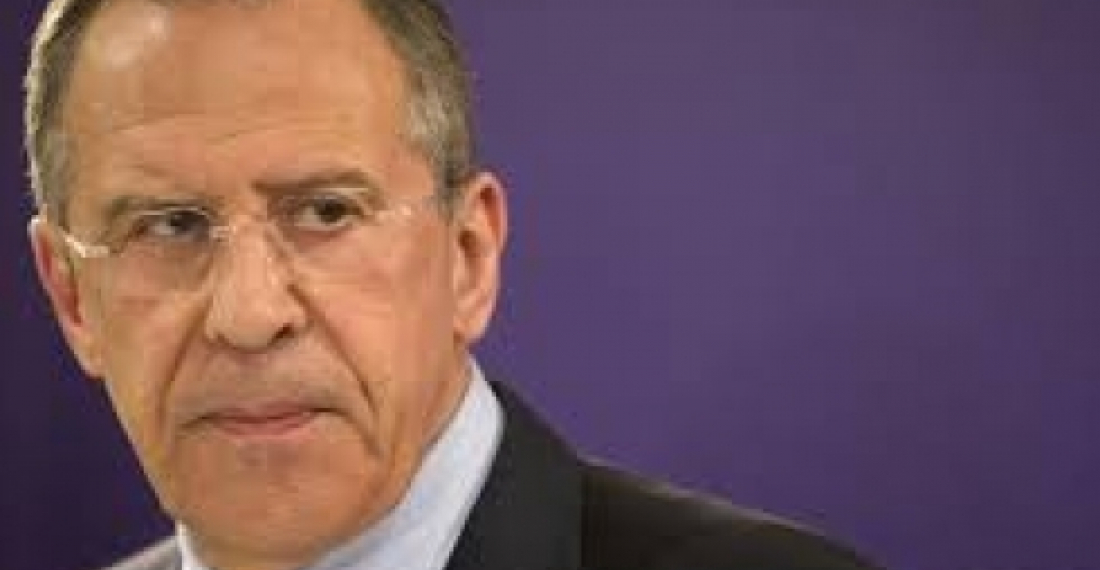Russian Foreign Minister Sergei Lavrov will visit the South Caucasus this week according to various media reports. Ahead of the visit, over the weekend, Lavrov had telephone conversations with US Secretary of State John Kerry, and with the German Foreign Minister and current chairman of the OSCE, Frank-Walter Steinmeier. The situation around the Karabakh conflict and conflict settlement process was the main theme of the two conversations, according to various reports.
Steinmeier has just returned back to Berlin after a visit to the three countries in the South Caucasus region last week. The German Chairmanship of the OSCE has been putting considerable efforts to support the Karabakh peace process, which whilst nominally under the auspices of the OSCE, is primarily driven by the three co-Chair countries of the Minsk Group - France, Russia and the United States. The Russian Foreign Ministry said that the conversation between Lavrov and Steinmeier was initiated by the German side.
On his part US Secretary of State Kerry is also visiting the region this week, and is reported to be arriving in Georgia on Wednesday 6 July. From Tbilisi Kerry will travel to Warsaw to attend the NATO heads of Government summit.
Russia, whilst co-chairing the OSCE Minsk Group on Nagorno-Karabakh has also persued a seperate bilateral channel for dealing with the conflict and is reported not to be keen on third parties being more engaged with the issue. However analysts think the region's increasing importance means that Russia's monopoly is not sustainable and the Russians will sooner or later need to accept this.
source: commonspace.eu with agencies
photo: Sergei Lavrov (archive picture)







